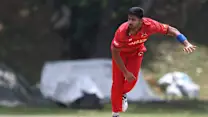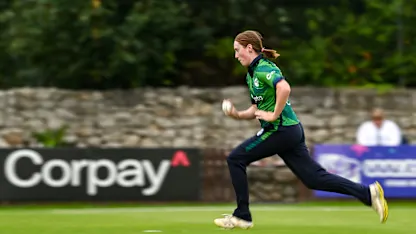News
Teams

ICC World Test Championship, 2025/27
Warner backs Khawaja’s return to the top in Adelaide Test

News
Bahrain pacer etches name in history books with record spell

ICC World Test Championship
New Zealand jump ahead of Pakistan, India on WTC27 standings

ICC Men's T20 World Cup, 2026
India not concerned by lack of runs for Gill and Suryakumar

ICC Men's T20 World Cup, 2026
Tickets go live for ICC Men’s T20 World Cup 2026
Editor's Picks
ICC World Test Championship
Anderson weighs in on England's tactics at the AshesICC Women's Emerging Nations Trophy, 2025
ICC Women’s Emerging Nations Trophy Day 5 wrapICC World Test Championship
Bavuma in awe of South Africa's 'massive' feat in IndiaICC World Test Championship
ICC World Test Championship 2025-27: State of Play
